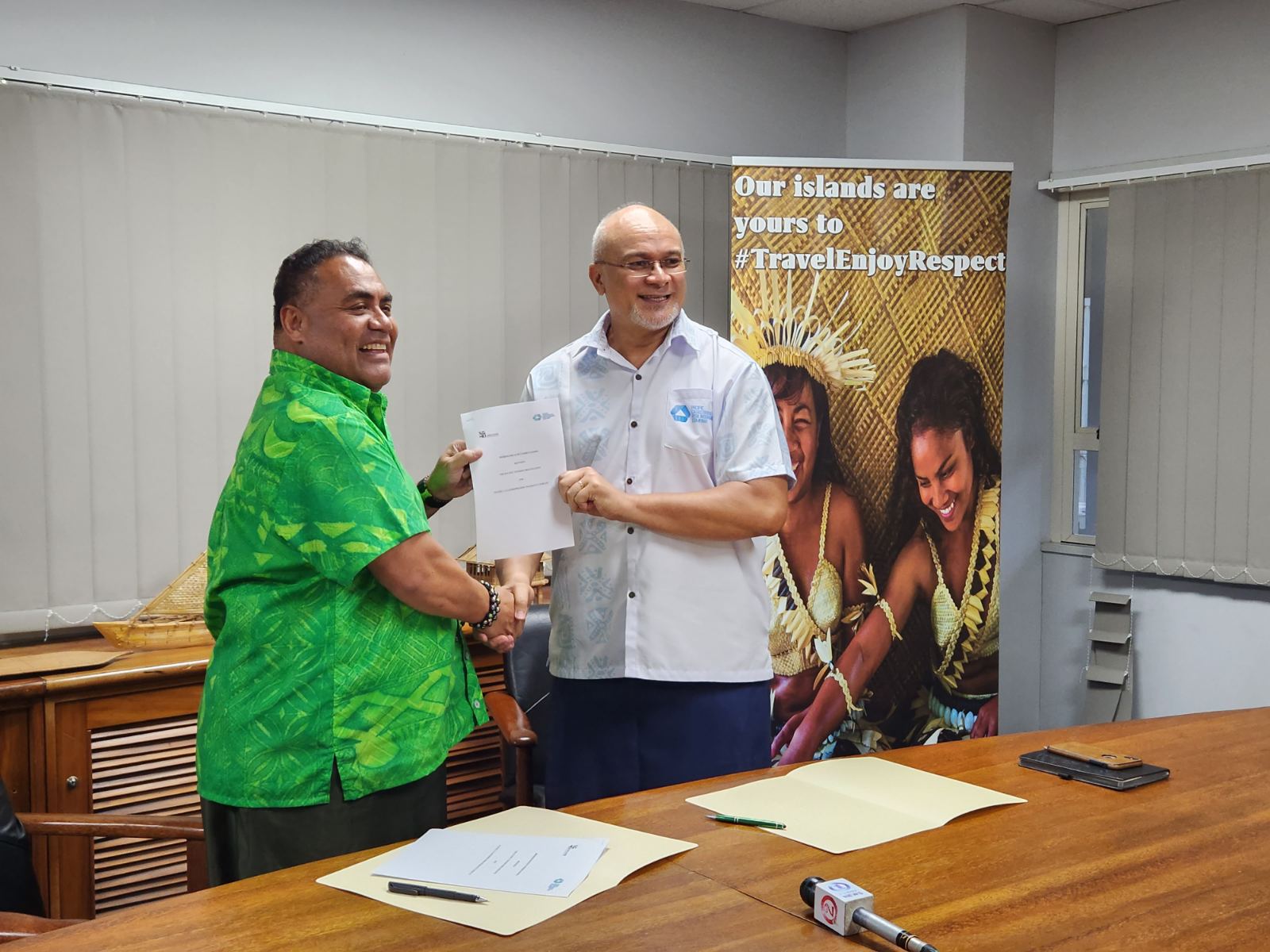
The Pacific Tourism Organisation (SPTO) has entered into a strategic partnership with the Pacific Catastrophe Risk Insurance Company (PCRIC), formalized through the signing of a Memorandum of Understanding (MoU) aimed at enhancing disaster risk financing for the Pacific’s tourism sector.
Tourism is the backbone of many Pacific Island nations, contributing significantly to livelihoods and national revenue.
However, the region’s tourism industry faces growing challenges from severe weather events and natural disasters, which have increasingly threatened the sector’s stability.
At the MoU signing event, SPTO CEO Christopher Cocker highlighted the critical role of tourism in the Pacific’s economy, stressing that climate change and natural disasters pose a severe financial risk.
“Tourism drives the Pacific’s economy, but climate change threatens our communities and livelihoods. Building resilience is no longer a choice – it’s a necessity,” Mr. Cocker stated.
The partnership between SPTO and PCRIC marks an important step towards strengthening disaster resilience in the region’s tourism industry.
Through this collaboration, both organizations aim to enhance the institutional capacity of SPTO members in disaster risk financing.
, they plan to explore the development of a regional disaster and climate resilience insurance scheme for Pacific tourism operators.
Mr. Cocker further emphasized that the MoU is aligned with SPTO’s broader commitment to ensuring the long-term sustainability of Pacific tourism in the face of climate threats.
PCRIC CEO Aholotu Palu, whose company has been a leading provider of disaster risk financing solutions to the Pacific for nearly a decade, expressed confidence in the partnership’s potential.
“We are well-positioned to support SPTO in initiatives such as regional workshops, training programs, and the development of guidelines for National Tourism Offices,” Palu said.
These efforts will aid tourism operators in creating disaster insurance programs, providing them with a vital safety net against climate-related risks.